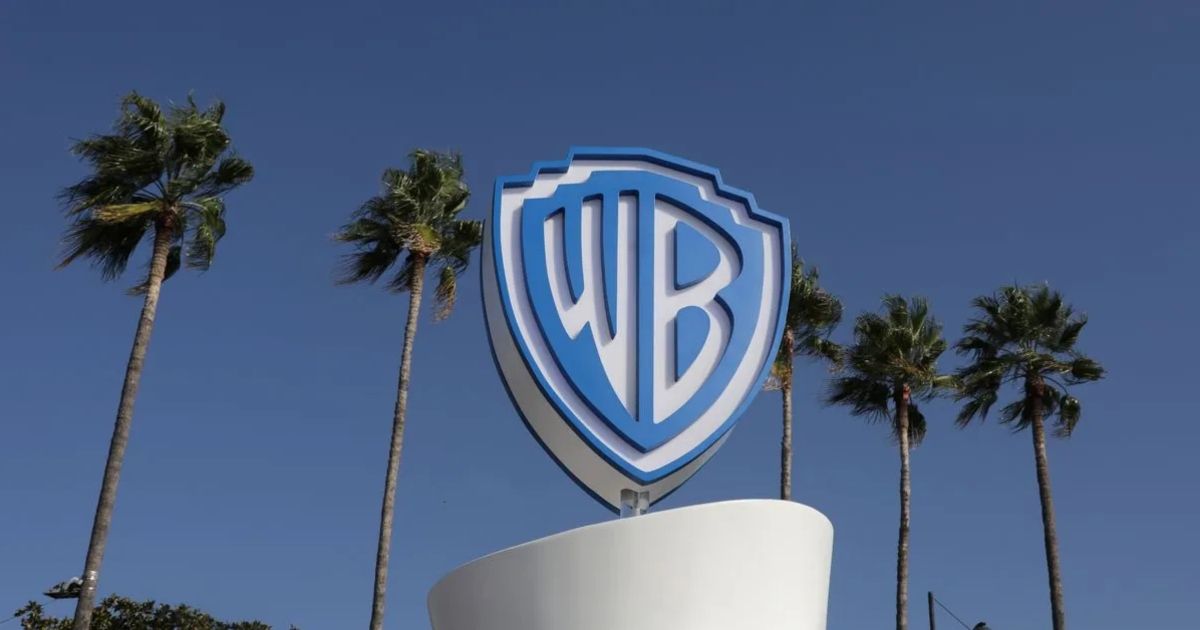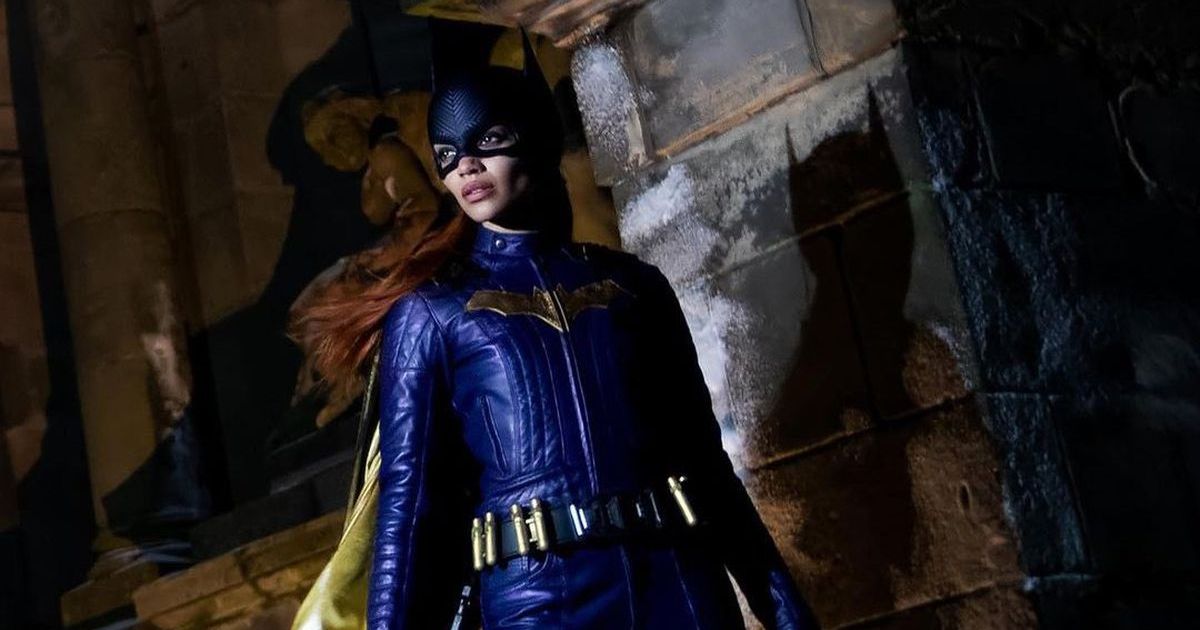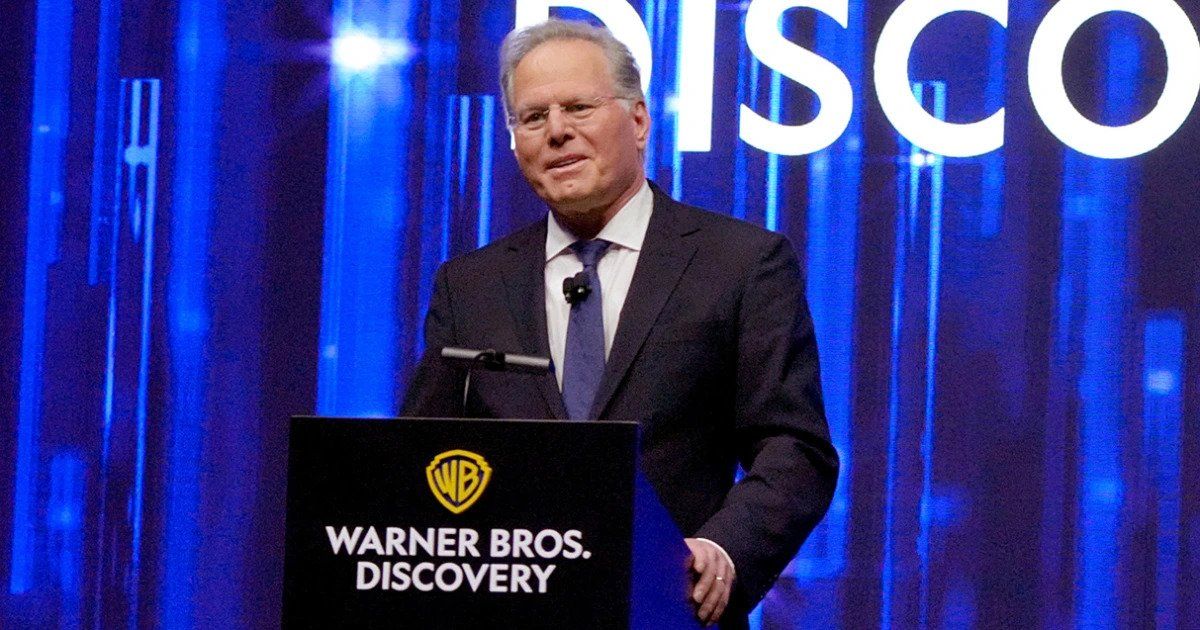In April 2022, WarnerMedia merged with Discovery in what is quickly becoming one of the largest corporate shake-ups in Hollywood in the form of Warner Bros. Discovery. Along with creating a totally new media conglomerate, the deal dramatically changed the leadership that effectively controlled some of the most popular titles in the business. The corporate structure changed itself in confusing legalistic ways that would require several degrees in economics to understand completely. But that structure is the one churning out some of our favorite movies and shows, including the Harry Potter franchise, everything from Cartoon Network, and the entire DC Universe. The executives and stockholders have already seen some consequences of this merger, but as the waves reach the edges of the pond, we little fish are beginning to see the effects as well.
Updated July 10, 2023: It has been over a year since Warner Bros. Discovery merged, and here is a look at the company’s controversial history so far.
The company shut down CNN+, a news streaming service that was barely a month old, and canceled many films, including ones that were already complete. It has now been over a year since David Zaslav took over as head of Warner Bros. Discovery. How has he been handling the company? What has the transition period looked like, and why has he become such a controversial figure?
Changes in Management
The new CEO and president of Warner Bros. Discovery is David Zaslav, who has a reputation for cutting costs. He is known to some by his nickname “Zas,” which is eerily close to “Zasz,” a Batman Villain famous for cutting a lot more than costs. Coincidences aside, Mr. Zaslav had displayed his administrative choices in entertainment before when Discovery hired him in 2006. Zaslav’s decisions then led to many scripted shows being cut in favor of more unscripted reality TV due to its lower production costs. The channel ended some of its less popular programs and unleashed the dragon that was Here Comes Honey Boo Boo, which, to be fair, was a financial success for Discovery.
Though more reality TV programming worked for the company, Discovery lost its reputation as an educationally focused channel. It became another reality show mill that vaguely related to nature. And now that Zaslav has control over a much wider array of media, one wonders if he might do the same thing again. Of course, it’s important to remember that Mr. Zaslav is a businessman, not a Batman villain that makes rash decisions based on their love of cutting things. Here Comes Honey Boo Boo is a show that had a massive audience appeal, not just to those of us who couldn’t look away but to those who genuinely enjoyed it as well. And that decision to sacrifice reputation in favor of financial success was justified in the adage to “give the people what they want.”
Per The Wall Street Journal, Zaslav was quoted in a memo to his employees saying that they “need to be guided by data and insights to understand what’s working and what’s not.” This means that we will likely see more programming in the future that’s based on what is already popular now.
But What About the Fans?
While Warner Bros. Discovery controls a lot of titles that inspire many of us in nerd culture, they remain one of the smaller players in today’s media landscape, at least in terms of streaming. Their biggest streaming platform, Max, lags way behind leaders like Netflix, Amazon Prime, and Disney+. While some of these providers are working on trying to capture more users with direct-to-streaming movies, Warner Bros. Discovery seems ready to move in the opposite direction. As mentioned in the same Wall Street Journal article, the company plans to increase its theatrical releases, moving from 17 to 20-25 movies a year. As demonstrated by The Batman, movies do a lot better in HBO Max when released in theaters first. So it’s likely we can expect to be tempted back into the theaters in these coming years.
Warner Bros. Discovery is investing heavily in some of its biggest properties. A new Harry Potter series has been announced for Max, despite the controversy surrounding J.K. Rowling. James Gunn and Peter Safran have been appointed the heads of DC Studios, and a new slate of films is set to launch the DCU, including a high-profile reboot of Superman titled Superman: Legacy. Meanwhile, they have rebranded their streaming service HBO Max into just Max, mixing the material from the Warner Bros. and Discovery archives to make one streaming service with a larger portfolio.
Zaslav’s Controversial Decisions
Ever since Zaslav took office as the CEO of the Warner Bros. Discovery merger, he’s been criticized over and over for some of the decisions that he has already taken that were considered a bit extreme. Notably, the launch of Max was highly criticized, first in dropping the prestigious name of HBO for some reason, but also in the fact that it required subscribers to download a whole new separate app instead of updating the original app. It also did not include proper credits on pages, listing those involved as creators, which was a clear violation of DGA and WGA rules. That mistake has since been corrected, but it is a good example of poor leadership.
His cancelation of Batgirl and Scoob! Holiday Haunt, two completed and finished films never to be seen again, left many fans rightfully outraged. Further, making them tax write-offs seemed like the exact opposite way a studio executive should treat the artist that makes up a company. Now his practice of removing series from streaming services and either making them tax write-offs or unavailable to be seen without a physical media release is a business practice that Disney and Paramount have picked up and is determinantal to the art of making movies.
Zaslav’s chopping axe also reached Chad‘s season 2 only hours before it premiered. Thankfully, the episodes were later saved by Roku, who provided a new home and a second chance for Nasim Pedrad’s coming-of-age comedy. Snowpiercer, which was supposed to end with season 4, was also scrapped without giving a clear explanation as to the motivations behind the decision. Multiple series like Westworld were canceled and then pulled from HBO.
His recent handling of Turner Classic Movies also angered many fans, as he fired a good portion of the staff. While he has brought on names like Steven Spielberg, Martin Scorsese, and Paul Thomas Anderson to oversee the studio programming, given Zaslav’s history with cutting education programs from Discovery and focusing more on reality television, it has not inspired a great deal of confidence in how he will handle a part of the company as important as TCM.
David Zaslav has also been dealt a truly embarrassing hand with the release of The Flash. Despite canceling Batgirl, he stuck with The Flash getting a big summer theatrical release even though star Ezra Miller had become a controversial figure. The movie had been hyped up for months as one of the greatest superhero movies of all time, and since it has come out has not only received only a subpar critical reaction but is a box office disaster and could be the biggest flop in the studios’ history. The first major movie Zaslav has backed has now become the biggest flop of 2023 so far.
General Response To The Changes
When the winds of change are strong, they generally provoke some strong reactions. GQ magazine published an article fiercely critiquing CEO David Zaslav titled “How Warner Bros. Discovery CEO David Zaslav Became Public Enemy Number One in Hollywood.” The piece compared him to the ruthless business tycoon character played by Brian Cox on Succession.
The article was written by freelance film critic Jason Bailey, who did not hesitate to call Zaslav “the most hated man in Hollywood.” Warner Bros. Discovery voiced its objection to the article and claimed it was misinformed and did not have the data to support it. GQ edited the article to which the author requested his name be removed from the piece, and GQ decided to pull the story altogether rather than have a piece without a writer’s name attached. It was later revealed that GQ editor-in-chief Will Welch, who was partially responsible for editing and pulling the piece, is producing a movie at Warner Bros. Discovery titled “The Great Chinese Art Heist,” which is based on a 2018 GQ article by Alex W. Palmer. This suggests a gross overreach in journalism ethics.
While Zaslav’s decision to appoint creatives like James Gunn and Peter Safran as head of DC Studios or bring on filmmakers like Steven Spielberg, Martin Scorsese, and Paul Thomas Anderson to help guide TCM, it does not seem like enough to combat the bad perception of early business decisions. While these might all pay off in the long run and Warner Bros. Discovery recovers in the next couple of years, right now, fans and filmmakers alike have felt alienated by these decisions. Instead of somebody who sees filmmaking as an art, it appears Warner Bros. is being run and only sees it as a business and will cut whatever corners he can.
This story originally appeared on Movieweb




